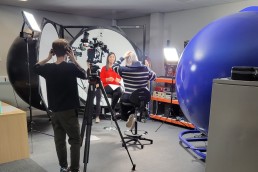
BBC calls on expertise of The LIA for SAD lamp investigation
(UK) – The LIA Laboratory has been showcasing its breadth of expertise as Ayça Donaghy, CEO of the LIA, recently featured on the BBC’s Morning Live to discuss Seasonal Affective Disorder (SAD).
The call to The LIA Laboratory came as the BBC set out to investigate the effectiveness of SAD lamps; a common technology used to counter the effects of the disorder. Known for its technical prowess, The LIA Laboratory was selected to test the products, with Donaghy taking to our screens to present the findings.
With more than two million people in the UK suffering with SAD, it is a vital topic to raise awareness of. SAD is a form of depression that occurs during the winter months when there is less daylight. SAD presents as persistent low mood, oversleeping and overeating, with fatigue affecting sufferers in their day-to-day activities.
Medical professionals recommend a higher dose of vitamin D alongside trying to get more sunlight during the day to treat SAD. Another tool used to treat the condition is SAD lamps. These are designed to deliver a dose of light that can potentially deliver the same levels of light as being in sunlight.
With a plethora of SAD lamps on the market, ranging in price from £10 up to £300, it is difficult for consumers to know where to start. This was the driving factor behind the BBC enlisting The LIA Laboratory’s expertise to test the lamps.
Any lamp can be marketed as a SAD lamp, and there is no requirement for them to be registered as medical devices. The three lamps selected by the BBC team and scrutinised by The LIA Laboratory are not registered, so the testing on these lamps is likely to be limited in its scope. The lamps spanned three price ranges – low, middle, and high.
First, the lamps were tested for their UV output. Donaghy revealed to viewers that all of the products were risk group zero, or exempt, which meant they could not cause any damage to the end-user.
Next, The LIA Laboratory tested colour temperature. Donaghy was able to confirm that all products were in 1% of their claims, meaning they are close to the natural sunlight levels they state they are.
Finally, lux levels were tested. It is recommended that SAD lamps have a brightness level of 10,000lx to mimic outdoor light. All three lamps passed this, however, The LIA Laboratory also tested how far users need to be from the lamp to benefit from the effects and receive the 10,000lx. Donaghy told viewers that it was actually the lowest price point product that performed best when it came to the lux levels. Users could sit as far away as 18cm from the product to get the 10,000lx. From the middle of the range, it was 13cm and the highest price point product, it was 8cm.
Overall, of the three products tested, Donaghy concluded for viewers that it was the lowest price point product that performed best. While the scientific evidence on the effectiveness of SAD lamps on treating the disorder remains limited at present, lots of users report strong success rates. The LIA Laboratory testing does conclude that price isn’t always the best indicator of effectiveness, which will no doubt be a useful message for those currently making a purchase.
Donaghy said: “We are honoured to have been approached by the BBC for testing, a testament to the excellence of our accredited laboratory and the expertise within the LIA Laboratory team. The positive collaboration has sparked a mutual desire to work together again, so watch this space!”
Donaghy advised: “Do your research, have a look at the instruction manual and what it says the correct distance to sit away from the lamp is to achieve the correct levels for the desired effect. If you want the extra reassurance, you can look for the ‘Class 2A Medical Device’ which means it has gone through third-party verification above and beyond what is required.”
Follow the link to watch the Morning live episode with Ayça Donaghy https://www.bbc.co.uk/iplayer/episode/m001sxwq/morning-live-series-5-29112023#t=09m50s



